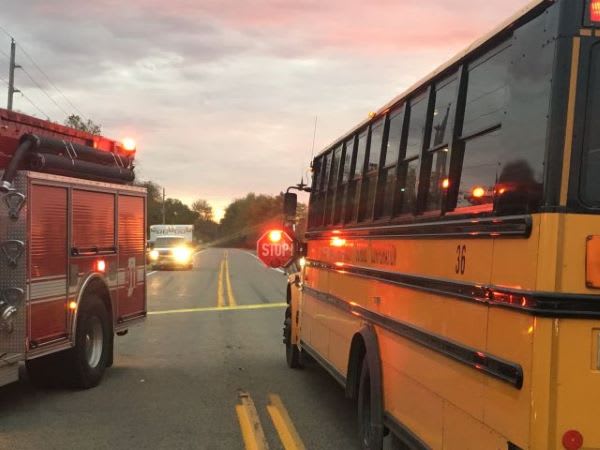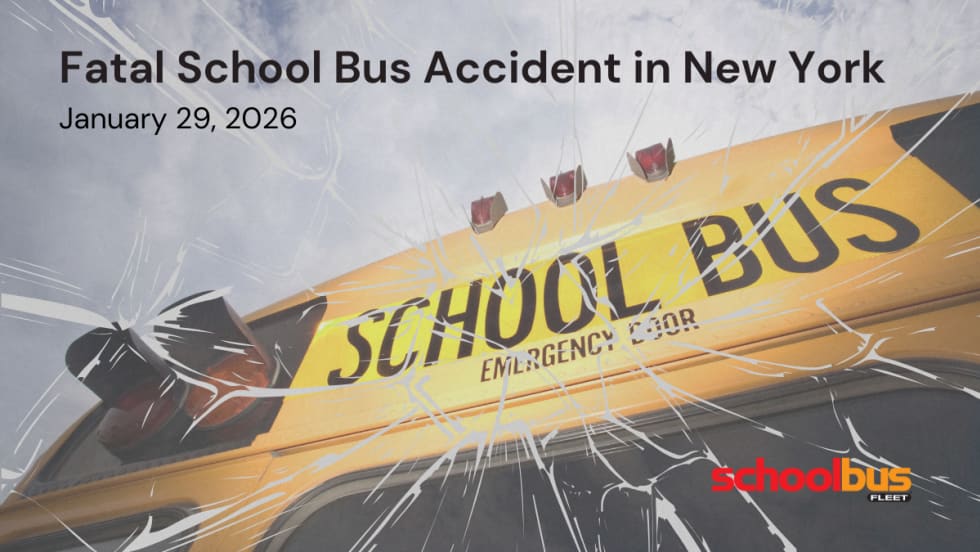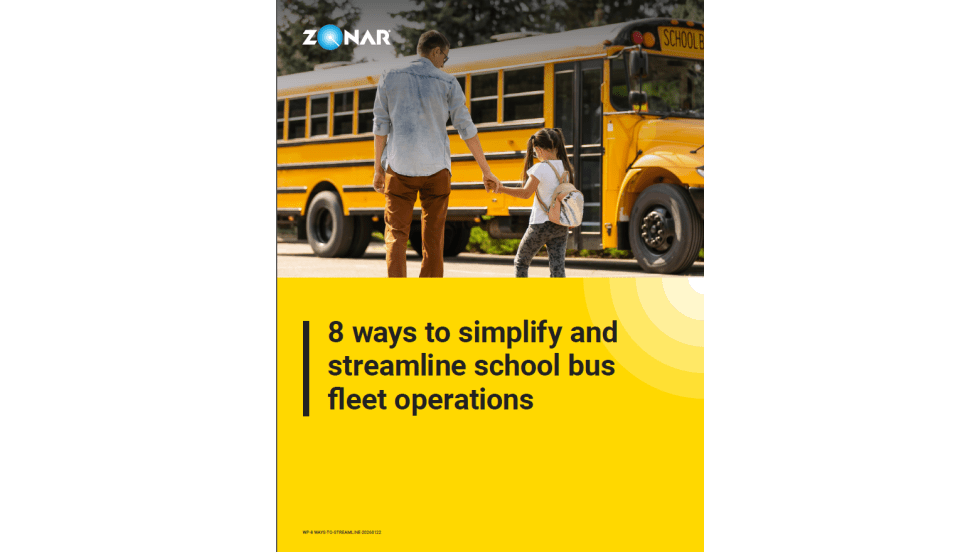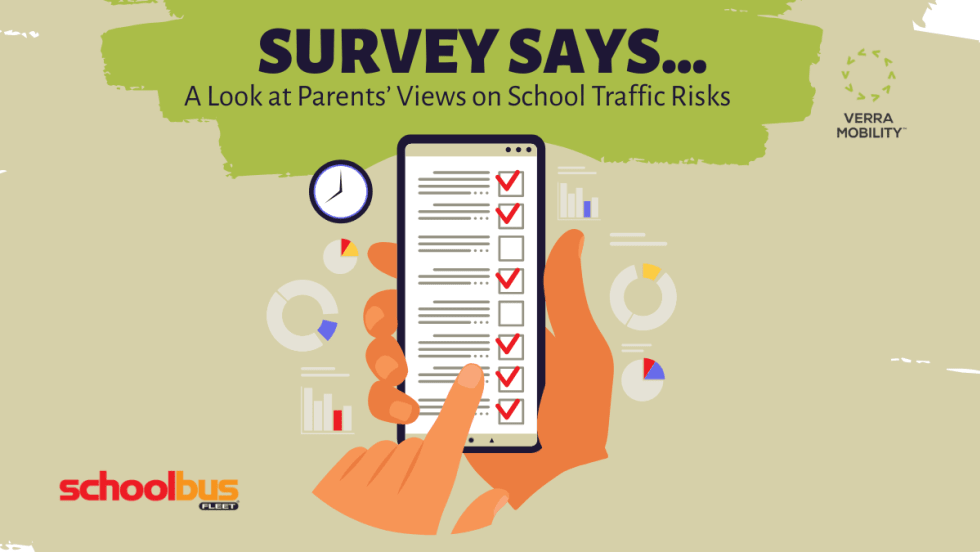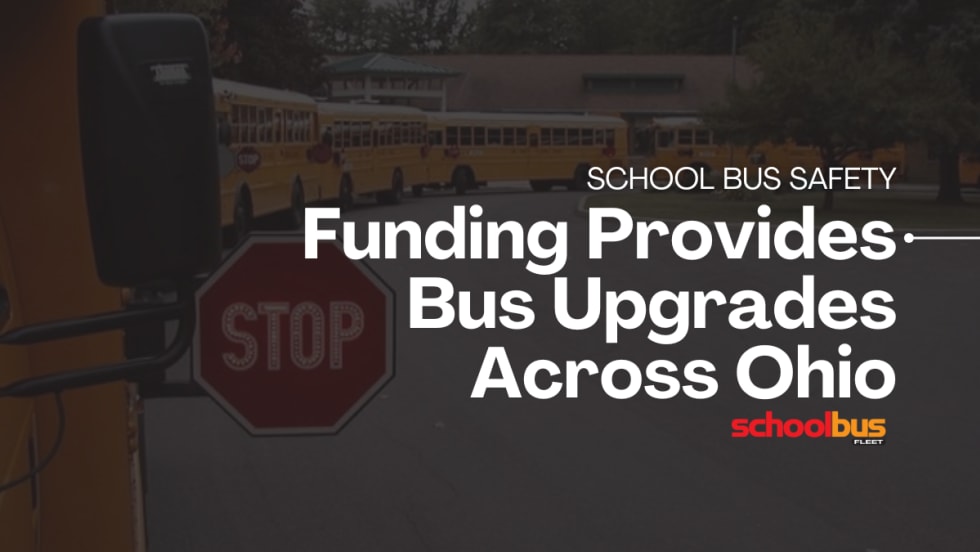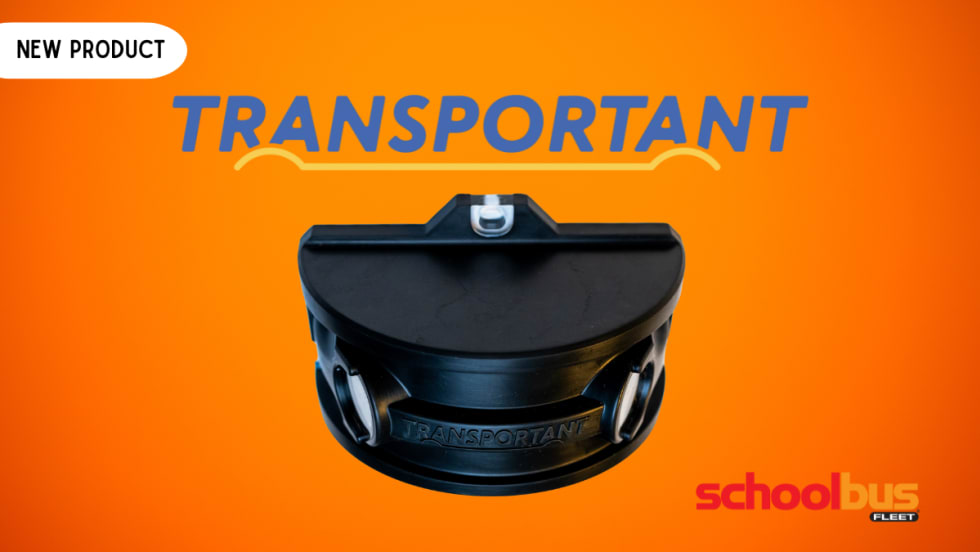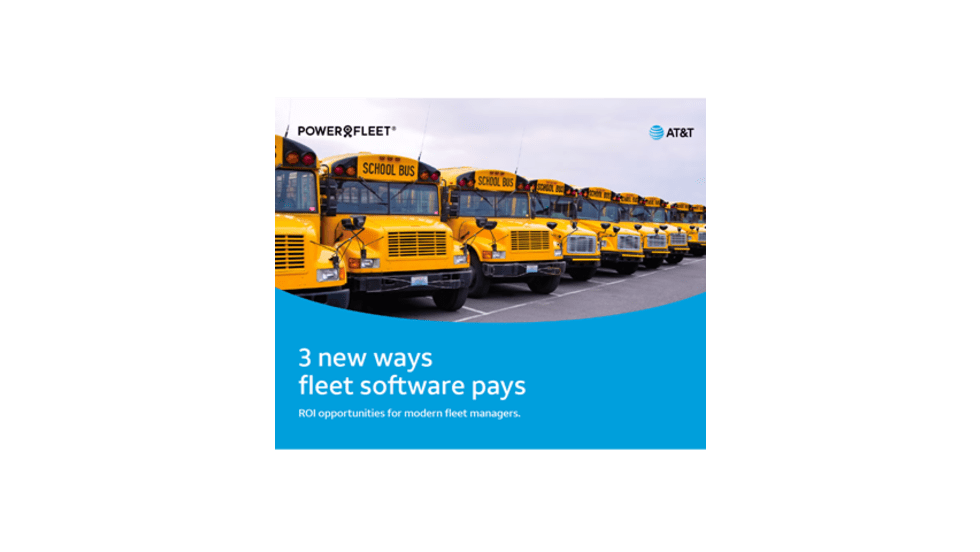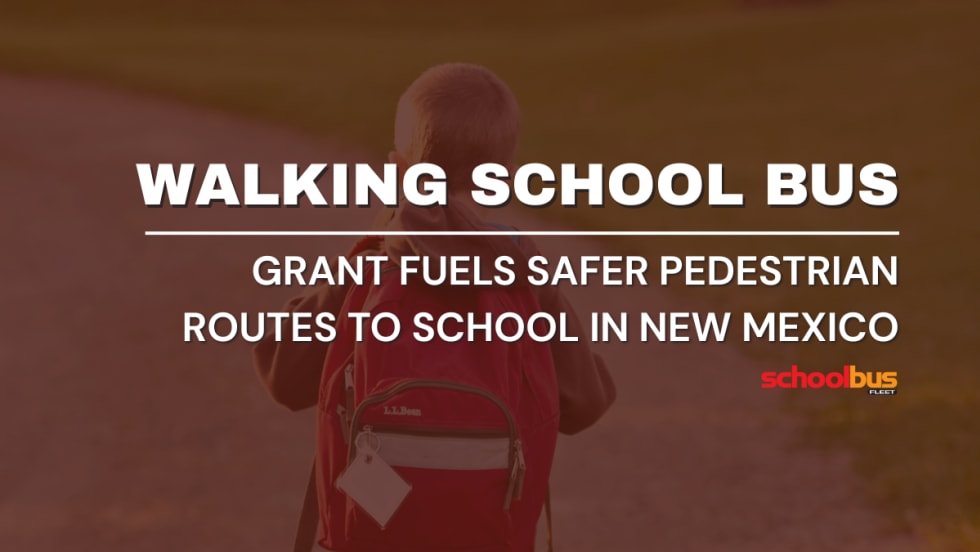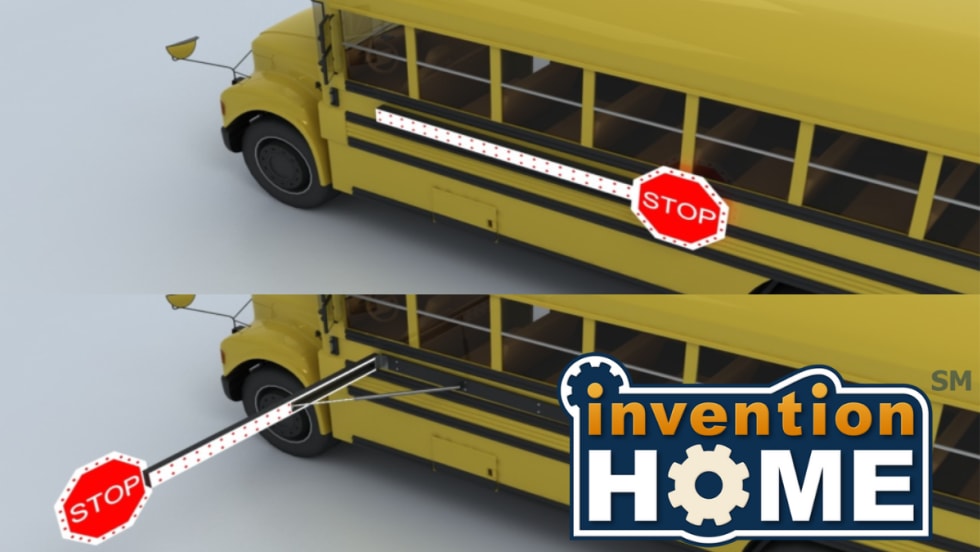The National Association of State Directors of Pupil Transportation Services (NASDPTS) responded on Wednesday to remaining safety recommendations from the National Transportation Safety Board (NTSB) from four school bus crashes.
In an email message to state directors and members on Thursday, Charlie Hood, retiring executive director and Ronna Weber, executive director, stated that they sent a letter to Robert Sumwalt, chairman of the NTSB, detailing NASDPTS's responses to outstanding recommendations from the crash investigations.
Here is a brief list of the crashes, key safety recommendations, and NASDPTS’s responses:
• "Motorcoach Collision With the Alexandria Avenue Bridge Overpass, George Washington Memorial Parkway, Alexandria, Virginia, November 14, 2004" (H-06-29). The NTSB’s recommendation which was issued to NASDPTS and other groups, was to “Develop formal policies prohibiting cellular telephone use by commercial driver’s license holders with a passenger-carrying or school bus endorsement, while driving under the authority of that endorsement, except in emergencies.”
NASDPTS responded in the letter that in 2011 it notified members of the Federal Motor Carrier Safety Administration’s (FMCSA’s) final rule restricting the use of mobile communications devices by commercial drivers; posted in 2012 a fact sheet from the FMCSA on mobile phone restrictions for commercial vehicle drivers on its website; confirmed in 2015 that the rule applies to intrastate and interstate school bus drivers for public and private operations; and is reminding state directors of the circumstances of the crash and the NTSB’s recommendation.
• "School Bus and Truck Collision at Intersection Near Chesterfield, New Jersey, February 16, 2012" (H-13-035). The NTSB’s recommendation was to “Develop guidelines and include them in the next update of the National School Transportation Specifications and Procedures [NSTSP] to assist schools in training bus drivers, students, and parents on the importance and proper use of school bus seat belts, including manual lap belts, adjustable lap and shoulder belts, and flexible seating systems.”
NASDPTS responded that most recently, in May 2020, it updated its position paper “Lap-Shoulder Belts in School Buses,” which supports the NTSB’s recommendations related to the value of lap-shoulder belts in large school buses to augment compartmentalization. In 2015, NASDPTS proposed updates to the NSTSP on proper use of two-point lap belts and three-point lap-shoulder belts, which were made to the publication, and notified members of the publication in 2016.
• "School Bus Run-Off-Road and Fire, Oakland, Iowa, December 12, 2017" (H-19-010). The recommendation from the NTSB was for NASDPTS and other associations was to “Recommend that your members verify that students are educated on how to operate the manual release handle for front loading doors on school buses during evacuation training and drills.”
NASDPTS stated in the letter that it has promoted the adoption of Federal Aviation Administration style pre-trip briefings for passengers by bus drivers before every field and activity trip; and included guidance and several recommendations on the frequency and content of emergency evacuation procedures in the 2015 NSTSPs.
• "Vehicle Collison With Student Pedestrians Crossing High-Speed Roadway to Board School Bus, Rochester, Indiana, October 30, 2018" (H-20-015, H-20-016, H-20-017, and H-20-018). The NTSB made five recommendations to NASDPTS and other associations. These covered notifying members of the circumstances of the Rochester, Indiana, crash and similar crashes; urging them to minimize the use of school bus stops that require crossing a roadway, evaluate the safety of their school bus routes and stops at least annually, ensure training on bus routes and stops safety assessment and crossing procedures, coordinate with local law enforcement on activities aimed at reducing illegal school bus passing, and publish the NTSB’s investigations of the Indiana and similar crashes.
NASDPTS responded that in 2020, it sent the Rochester, Indiana, crash report to state directors and asked them to inform school districts, contractors, and related state associations and organizations of the circumstances of the crash and the resulting recommendations; and pointed to related guidance and recommendations in the NSTSP and its annual illegal passing survey; supports federal legislation for stopping for stopped school buses and loading and unloading procedures; and published on its website the NTSB document “Keeping Students Safe from Motorists Who Pass School Buses,” and is encouraging members to review it.
In the email message, NASDPTS asked state directors to review its response letter and the NTSB’s accident reports and safety recommendations, as well as the NASDPTS responses to each recommendation.
“Please encourage school districts, contractors, and other safety partners in your state to do the same,” NASDPTS stated in the email message. “To the extent practical, we hope you will consider working with policy makers and others to implement all of the NTSB and NASDPTS recommended actions that are not already in place within your state.”
NASDPTS requested that those who already have the relevant regulations, procedures, and best practices in place send information about them to potentially be posted on its website to benefit others. The association can be contacted at ExecDir@nasdpts.org or (703) 203-6485.
Read the letter for more details on the crashes, the NTSB’s recommendations, and NASDPTS’s responses.




